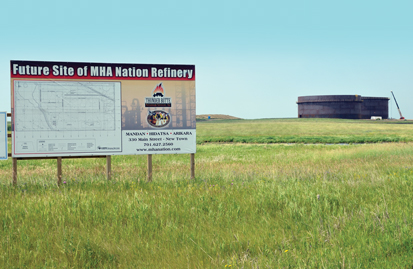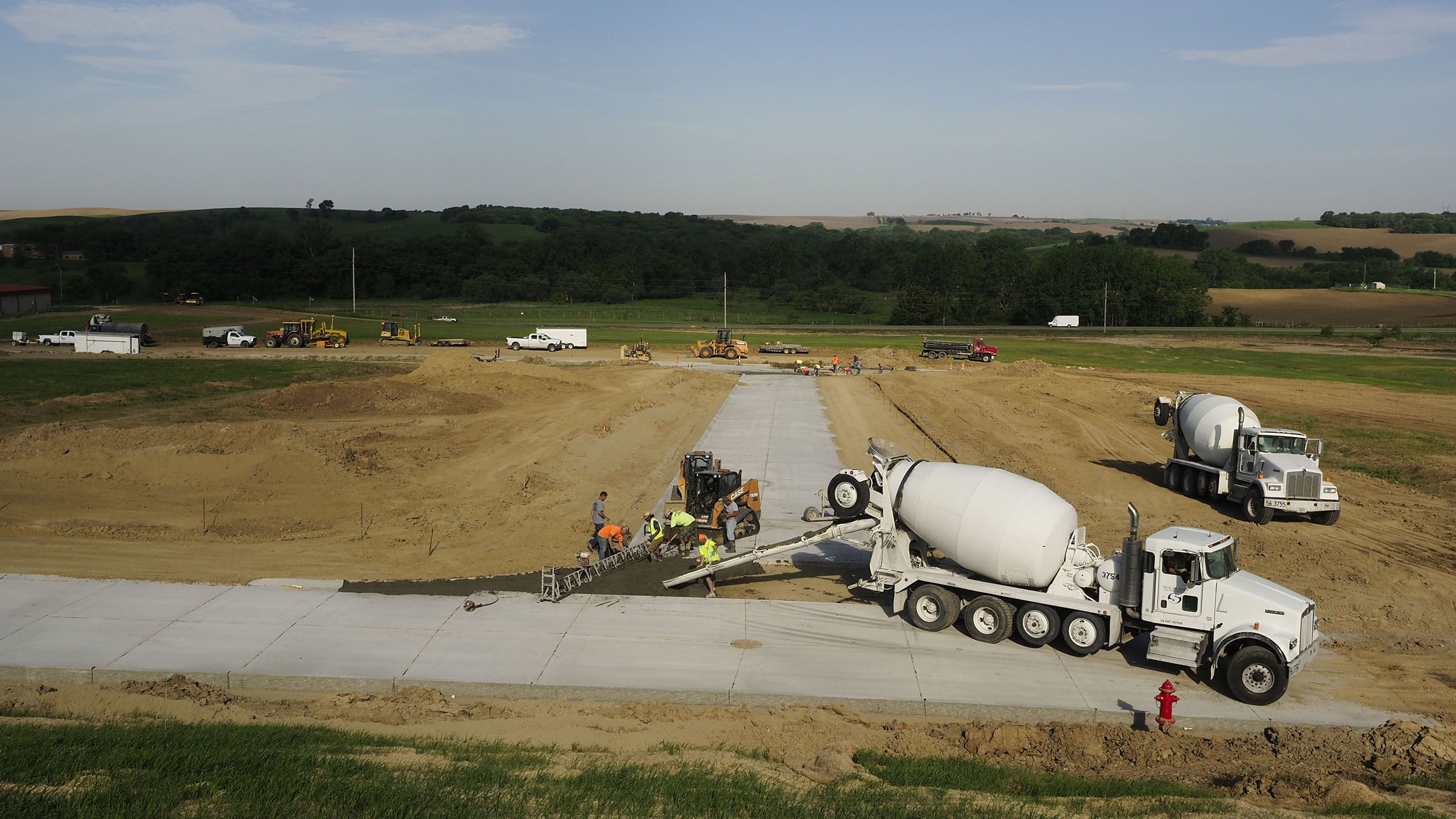By 2009, oil companies had leased most of the land on the Fort Berthold Indian Reservation for exploration and drilling. Since then, the tribal government has received tax revenue and royalties from energy production, but over 80 percent of the proceeds from that production goes to off-reservation firms and their investors.
That has begun to change with the advent of two tribal enterprises involved in the production, transport and processing of oil and gas. The aim is to capture a larger share of the reservation’s mineral wealth, seen by tribal leaders as key to not only growing the economy but also achieving greater political autonomy. “We are of the firm belief we will become more sovereign by the barrel,” said Tribal Chairman Tex Hall in a 2011 speech to the North Dakota Legislature.
Both fledgling businesses have large ambitions backed by tribal oil dollars.
The Tribal Business Council created Missouri River Resources (MRR) as an independent business in 2011. The New Town firm has spent over $50 million in tribal funds to acquire working interests in wells drilled by Marathon Oil, Enerplus and other companies on the reservation. Oil and gas sales from those wells will generate about $3 million in revenue this year. “We realize that the greatest value of the oil is at the wellhead,” said CEO Dave Williams.

Photo by Phil Davies
MRR is planning a major step forward early next year—drilling its own oil wells on tribal land near Mandaree. And the firm has a joint agreement with a Texas firm to lay oil and gas pipelines on the reservation. New gas pipelines would reduce the amount of natural gas flared on the reservation and eventually supply a gas-processing plant in the early planning stage.
Thunder Butte Petroleum Services, also created by tribal fiat three years ago, is focused on the end of the production chain—refining crude oil into diesel fuel, gasoline and other products. The firm has started building a $450 million refinery near the eastern edge of the reservation capable of processing 20,000 barrels of oil per day. The facility is slated to open in 2016.
Williams said that MRR may supply oil to the refinery once it’s operating. Such an arrangement would give the tribes control of the petroleum value chain from wellhead to finished product.
Related content
Homeland of opportunity
The Bakken oil boom has brought unprecedented prosperity—and daunting challenges—to the Fort Berthold Indian Reservation
The Bakken effect
The Fort Berthold Indian Reservation has posted big gains on key measures of economic welfare





